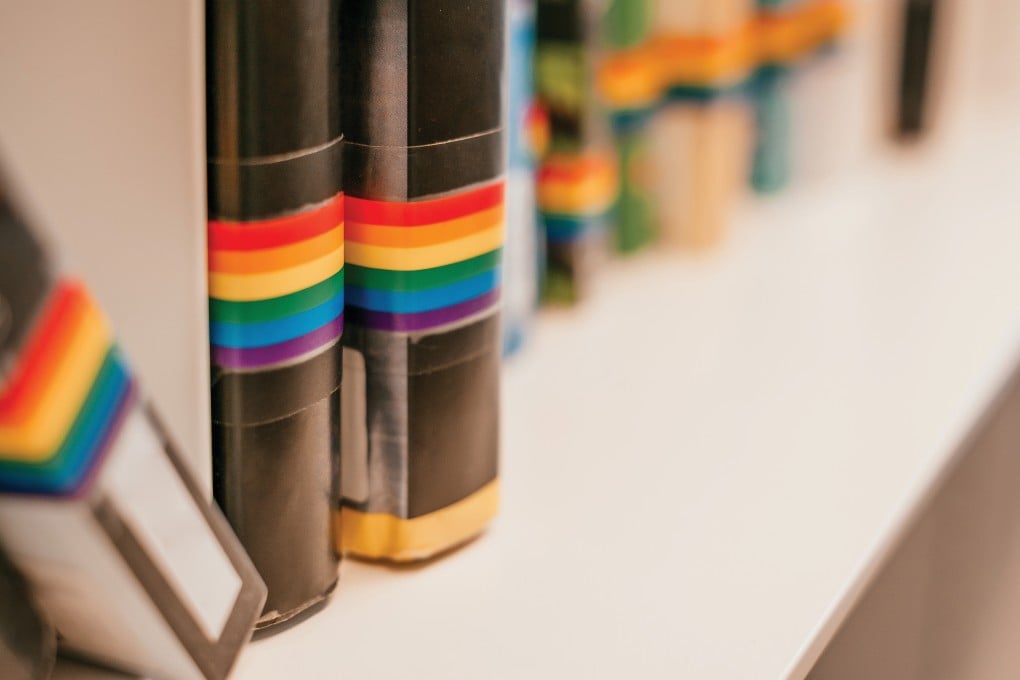Perspectives in Chinese-English Translation of Gay Literature

[Sponsored Article]
Dr LI Bo, Assistant Professor at the Department of Linguistics and Translation of CityU’s College of Liberal Arts and Social Sciences, recently published an article entitled “(Re)Framing gay literature in translations: a study on the English translation of Nie Zi by Pai Hsien-yung” in Sino-Humanitas (Issue 29, pp.277-295).
Homosexuality has long been a sensitive topic and even a social taboo in many parts of the world. Translation studies in the West have witnessed burgeoning interest in the translation of gay literature in the past few decades. It has remained largely unheeded in the Chinese scholarly world, where the writing and translation of gay literature has always been closely associated with cultural and ideological conflicts. In Translation and Conflict: A Narrative Account, Mona BAKER proposes four major strategies, namely “temporal and spatial framing”, “selective appropriation of textual material”, “framing by labelling”, and “repositioning of participants” (2006:112-140). The current paper is a study of the English translation of the Chinese founding work of gay literature, Nie Zi («孽子») by PAI Hsien-yung (白先勇). This novel was translated into English in 1990 as Crystal Boys by Howard GOLDBLATT and published by the American Gay Sunshine Press, a publisher exclusively designated for gay-themed literature. The second edition was printed by the same publisher in 1995 and a more recent edition was published by the Chinese University Press in Hong Kong in 2017. This paper looks at the translation of the title, which turns it from a negative one into a more positive image of homosexuals — a major framing strategy of labelling. The cover designs for the English renditions in America highlights the gay theme of the novel with the picture of a half-naked male model. The change of blurbs on the back covers delineates the evolving sociocultural background for the publication.
Through non-linguistic resources of visual images and labelling strategies, the first modern Asian gay novel was reframed to meet the targeted readership in the English-speaking world. The English translation of Nie Zi proves to be a supporting example of what Harvey (2003) calls “gayed translation”.
Publications and achievements
李波 (Accepted/In press). 同志文學翻譯之敘事建構:以白先勇作品《孽子》的英譯為例. 人文中國學報.